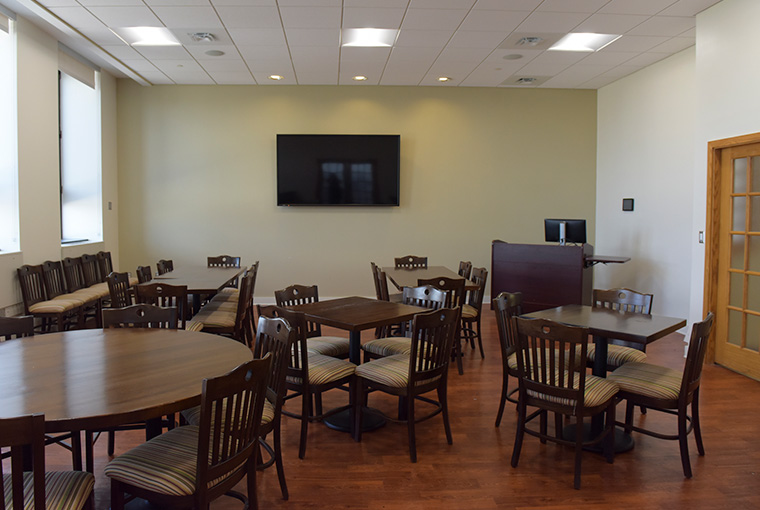Lectures of Opportunity: "Great Power Competition in the Arctic: The View from Iceland"

About this Event
Event Information
U.S. Naval War College, LOO Coordinator
This event is not open to the general public
This event is only open to individuals with base access.Iceland, a small island of just 360,000 people, sits in a strategic position between Europe and North America. Icelandic bases played key roles in both WWII and the Cold War, and the NATO base at Keflavik is again a crucial location for monitoring growing Russian activity. Iceland also stands at the gateway to the Arctic Ocean, and is therefore important to all countries interested in the Arctic--including China. Iceland is currently the chair of the Arctic Council, and is leading that institution through a period of dynamic change. As the US, China, and Russia interact in the context of great power competition, how can small states like Iceland defend their interests? With few tools at their disposal, and at the mercy of great powers, can small states do anything to shape great power competition? Iceland's perspective offers valuable lessons on how small states experience great power competition, as well as the current state of affairs in the Arctic.
About this Lecture
LOO's offer U.S. Naval War College (NWC) students, faculty, and staff an opportunity to learn more about national and international socio-political subjects that may be of relevance to the NWC community.
Most Recent
8:00 a.m.
U.S. Naval War College, 686 Cushing Rd, Newport, RI 02841
U.S. Naval War College, 686 Cushing Road, Newport, RI 02841
U.S. Naval War College, 686 Cushing Road, Newport, RI 02841
8:00 a.m.
U.S. Naval War College, 686 Cushing Road, Newport, RI 02841
U.S. Naval War College, 686 Cushing Rd, Newport, RI 02841
